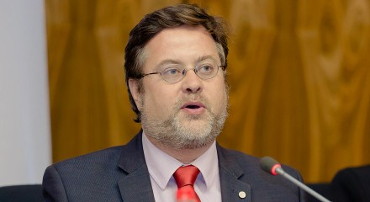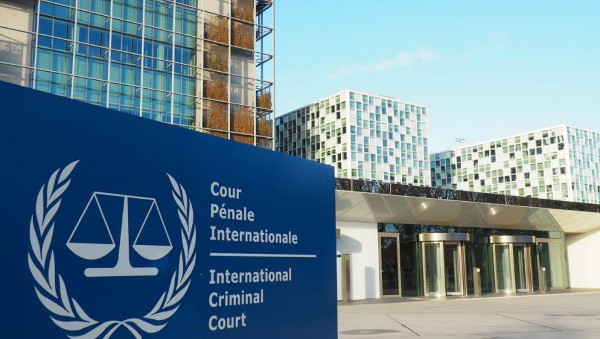
Dr. Santiago Castellà
Santiago Castellà, director of the Chair Tarragona Smart Mediterranean City of the Rovira i Virgili University (URV) and full academician and member of the Governing Board of the Royal European Academy of Doctors-Barcelona 1914 (RAED), has directed the 21st Seminar of International Humanitarian Law, that took place between the past 21st and 22nd March at the Faculty of Legal Sciences of the URV. The event is organized by the faculty itself, the Local Assembly of the Red Cross of Tarragona and the Catalan International Institute for Peace of the Catalan Government and aims to publicize the current situation, difficulties and challenges of International Humanitarian Law.
In this edition the difficulties faced by the International Criminal Court were analyzed, focusing on International Humanitarian Law as a system for the protection of victims in armed conflicts, the legal framework and the Statute of the International Criminal Court and the activity of its Office of the Prosecutor. During the events the video forums “Hotel Rwanda” and “The Secret Life of Words” were held, focused on the debate around these two well-known films. The event was attended by experts like Mario Lanz, Lieutenant Colonel Auditor of the Spanish Military Legal Body, prosecutor of the Military Chamber of the Spanish Supreme Court and member of the Spanish delegation of the Assembly of States of the International Criminal Court; Antoni Pigrau, professor of Public International Law at the URV; Marcos van Emden, head of the Coordination and Planning Section of Support for External Operations of the International Criminal Court, or Esteban Peralta, chief of the Legal Support Section of the Court.
 As a result of this seminar, the URV has hosted since the last academic year the Master in International Criminal Law endorsed by the Bar Association of the International Criminal Court. The course can be followed online and this summer it will have a stay in The Hague, headquarters of international legal institutions. Mainly aimed at law graduates, the master’s degree aims to deepen the International Criminal Justice to facilitate professional access to courts and international institutions and the defense of Human Rights and International Humanitarian Law in the national and international level. Among its career opportunities include access to courts and international institutions related to International Criminal Justice, non-governmental organizations with specific programs of International Criminal Justice, Human Rights and International Humanitarian Law, or state jurisdictional and governmental agencies related to the investigation and prosecution of international crimes.
As a result of this seminar, the URV has hosted since the last academic year the Master in International Criminal Law endorsed by the Bar Association of the International Criminal Court. The course can be followed online and this summer it will have a stay in The Hague, headquarters of international legal institutions. Mainly aimed at law graduates, the master’s degree aims to deepen the International Criminal Justice to facilitate professional access to courts and international institutions and the defense of Human Rights and International Humanitarian Law in the national and international level. Among its career opportunities include access to courts and international institutions related to International Criminal Justice, non-governmental organizations with specific programs of International Criminal Justice, Human Rights and International Humanitarian Law, or state jurisdictional and governmental agencies related to the investigation and prosecution of international crimes.




